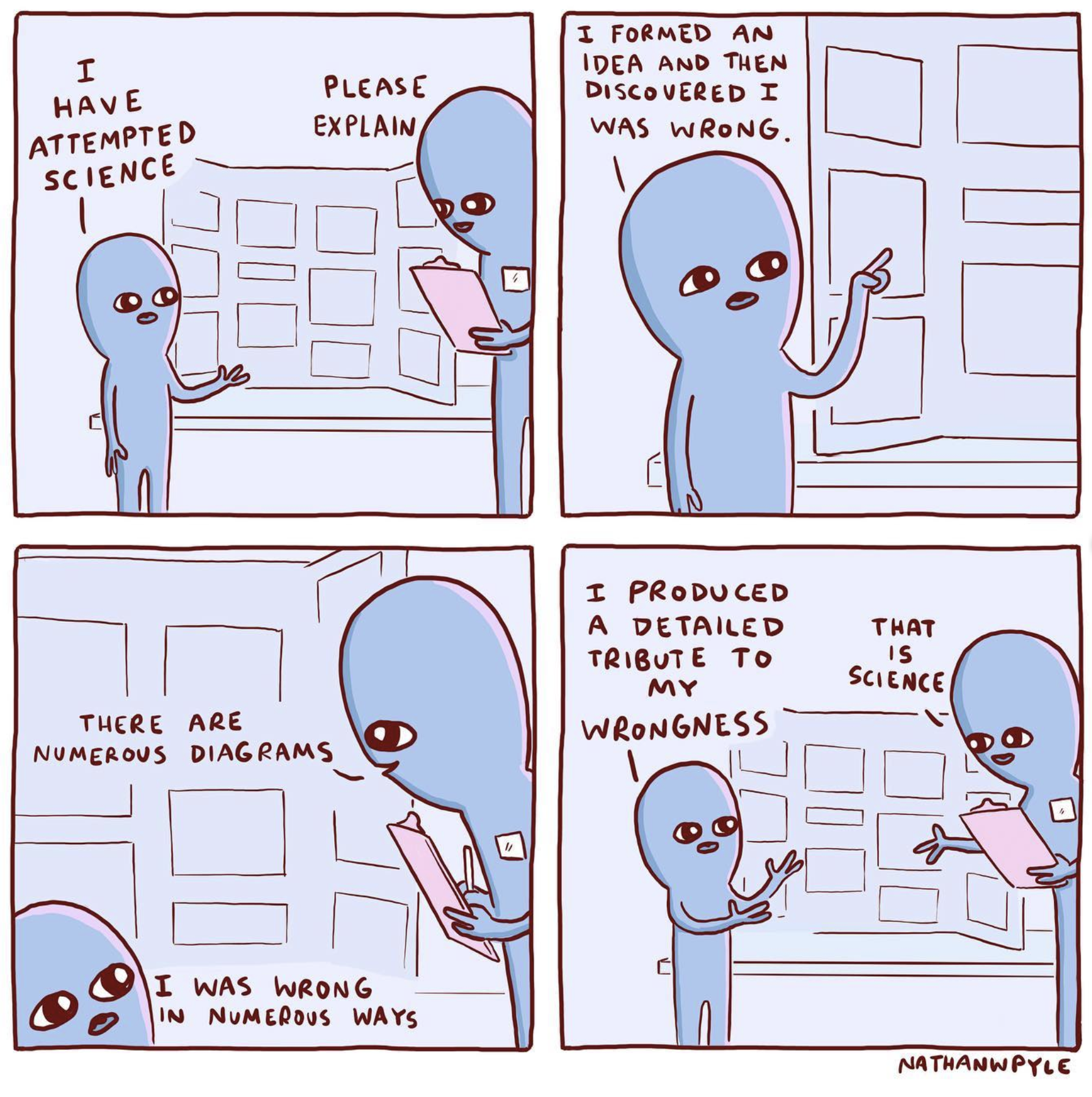
Current research interests
AI technologies, and ML in general, often have problematic behaviors when deployed in real-world environments. In other words, they learn a faulty relationship among data. One possible cause is the quality of the data themselves with respect to the task we aim to solve. Depending on how (not) representative the data are, we can have different algorithm weaknesses. We aim to understand the fundamental relationship between data corruption and model failures. To this end, we formalize distribution shifts with Markov kernels and study their effects on learning with an information-theoretic approach. While doing so, we also pose some more fundamental questions, trying to gain a more uniform understanding of the problem. Some examples are, what is excluded from the Markov kernel representation and what can we still do when weakening some of our assumptions on probabilistic corruption and learning.
Education
-
PhD student in Computer Science, 2021-Now
University of Tübingen (Germany) -
MSc in Data Science, 2018-2020
University of Padua (Italy) -
BSc in Mathematics, 2014-2017
University of Rome "La Sapienza" (Italy)
Experience
-
Research Intern, 2020-2021
Max Planck Institute for Intelligent Systems, Tübingen (Germany) -
Erasmus Master Student, 2020
Universitat Politècnica de Catalunya, Barcelona (Spain) -
Intern, 2020
Interdisciplinary Laboratory - Network Science and Psychology
Università di Padova (Italy)
Image Copyright © Nathan W. Pyle
